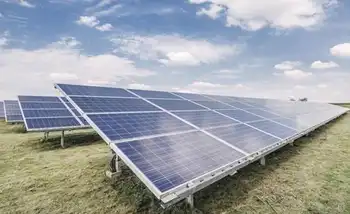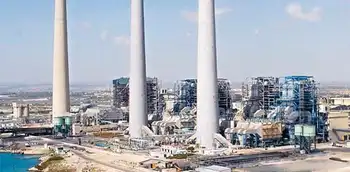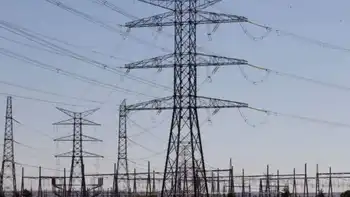Swedish nuclear group to boost safety
The new post is the result of an internal report into a series of incidents at the company's Swedish nuclear plants, starting with an emergency shut-down at the Forsmark plant in 2006.
In addition to the post of Chief Nuclear Officer, which the firm said had yet to be filled, Vattenfall said it will also set up a Group Nuclear Security Council.
"As a consequence of what happened at Forsmark last year, Vattenfall's Board of Directors has made nuclear safety issues its top priority in 2007," Vattenfall Chairman Dag Klackenberg said in a statement.
In July 2006, a short-circuit triggered the shutdown of one of the three reactors at Forsmark -- owned by Vattenfall, Mellansvensk Kraftgrupp and Germany's E.ON. Other reactors were also shut down to check the same problem could not occur.
A leaking seal and a fire at another Swedish plant added to concerns over safety. Problems were not confined to Sweden.
In Germany, Vattenfall's Kruemmel and Brunsbuettel plants remain off line after a fire in a transformer substation at Kruemmel this year and a short circuit at Brunsbuettel.
German authorities threatened to withdraw Vattenfall's operating license for the two plants after the incidents.
Vattenfall owns half of Kruemmel and two-thirds of Brunsbuettel. E.ON holds the remaining stakes.
Vattenfall's Chief Executive, Lars Josefsson, said he agreed with the report's recommendation that Vattenfall's safety culture needed reinforcing, and said the company would now "start work to restore a position as global benchmark for nuclear safety".
Related News

What 2018 Grid Edge Trends Reveal About 2019
WASHINGTON - Which grid edge trends will continue into 2019, and what kind of disruption is on the horizon in the coming year?
From advanced metering infrastructure endpoints to electric-vehicle chargers, grid edge venture capital investments to demand response events, hundreds of data points go into tracking new trends at the edge of the grid.
Trends across these variables tell a story of transition, but perhaps not yet transformation. Customers hold more power than ever before in 2019, with utilities and vendors innovating to take advantage of new opportunities behind the meter. Meanwhile, external factors can always throw things off-course, and reliability…





